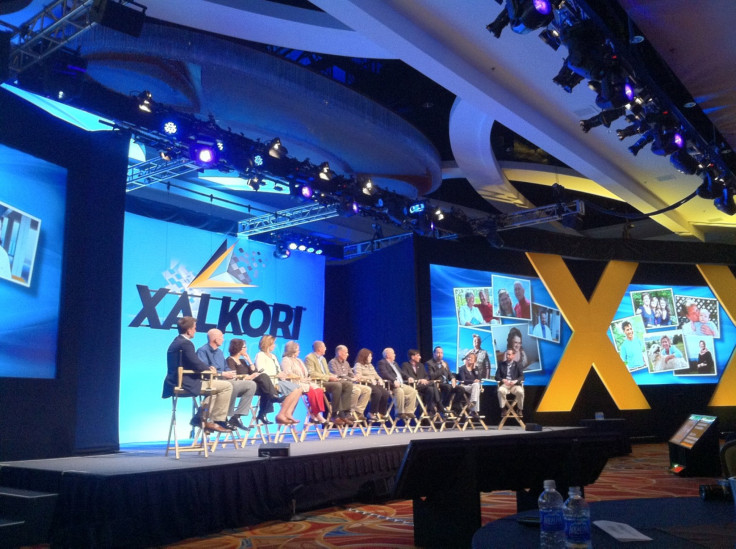Pfizer Inc. (PFE) Lung Cancer Drug Xalkori Faces UK Rejection As Too Costly

Pfizer Inc.'s (NYSE:PFE) lung cancer drug Xalkori was tentatively rejected by an advisory board on Friday for use in the U.K.'s National Health Service.
Claiming the drug, also called crizotinib, was too expensive, the National Institute for Health and Care Excellence (NICE) recommended against approving the drug for use in the cash-strapped universal healthcare system, despite Pfizer's offer of a discount.
Pfizer previously said it would cover part of the £51,179 ($80,000) cost of treatment with Xalkori.
"We have already recommended a number of treatments for the various stages of non-small-cell lung cancer," Andrew Dillon, the chief executive of the organization, said in a statement. "However, although the independent committee that considered the evidence found crizotinib to be clinically effective treatment for ALK-positive non-small-cell lung cancer, even when the manufacturer's discount had been applied, crizotinib could not be considered a cost-effective use of NHS resources."
A draft guidance was sent to other consultants, who can appeal the decision. But two years after Prime Minister David Cameron's government made a push to cut about $31.2 billion from NHS budget, the drug seems unlikely to pass muster.
The New York pharmaceutical giant criticized the institute's methods for assessing drugs.
"Crizotinib has not been well served by the current assessment models employed by NICE," Dr. David Montgomery, medical director of Pfizer Oncology U.K., said in a statement after the guidance was released. "Today's decision is another example of NICE declining a medicine which we strongly believe is clinically and cost effective treatment."
The institute also recently rejected Pfizer's Bosulif for treatment of chronic myeloid leukemia.
"If this trend of negative decisions continues, we could see the U.K. fall even further behind other European countries for cancer survival rates," Montgomery said.
In February, Germany's Institute for Quality and Efficiency in Health Care, a cost-assessing agency, also spurned the drug for its hefty price tag, according to the industry monitor Fierce Pharma.
© Copyright IBTimes 2024. All rights reserved.






















